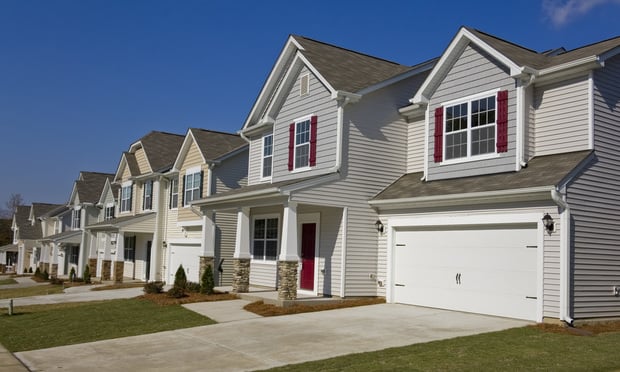Demand for office space all but dried up in 2020 due to COVID-19, as companies adopted flexible work-from-home policies en masse. And while hard data about the future of the sector remains elusive – as most tenants have chosen to delay making decisions about office re-entry until at least the middle of this year – it's clear that many companies intend to make distributed work a more permanent reality, whether through hub-and-spoke or hybrid models.
In a new report, JLL predicts that corporate urban-to-suburban moves will remain limited in 2021, and that leading occupiers will likely find they don't need to choose a purely urban or suburban strategy as they analyze talent demand and space needs. The real winners over the next 36 months will be Sun Belt and Mountain West submarkets, which JLL estimates will outperform gateway cities in office absorption and rent growth as companies relocate offices and adopt more distributed work models.
San Francisco, New York, and Seattle suffered most last year, registering -7.8%, -4.5%, and -3.1% drops, respectively, in occupancy. Meanwhile, Sun Belt markets like Atlanta (-0.6%), Raleigh-Durham (- 0.7%), and Phoenix (-0.7%) remained more stable.
Recommended For You
Want to continue reading?
Become a Free ALM Digital Reader.
Once you are an ALM Digital Member, you’ll receive:
- Breaking commercial real estate news and analysis, on-site and via our newsletters and custom alerts
- Educational webcasts, white papers, and ebooks from industry thought leaders
- Critical coverage of the property casualty insurance and financial advisory markets on our other ALM sites, PropertyCasualty360 and ThinkAdvisor
Already have an account? Sign In Now
*May exclude premium content© 2025 ALM Global, LLC, All Rights Reserved. Request academic re-use from www.copyright.com. All other uses, submit a request to [email protected]. For more information visit Asset & Logo Licensing.








